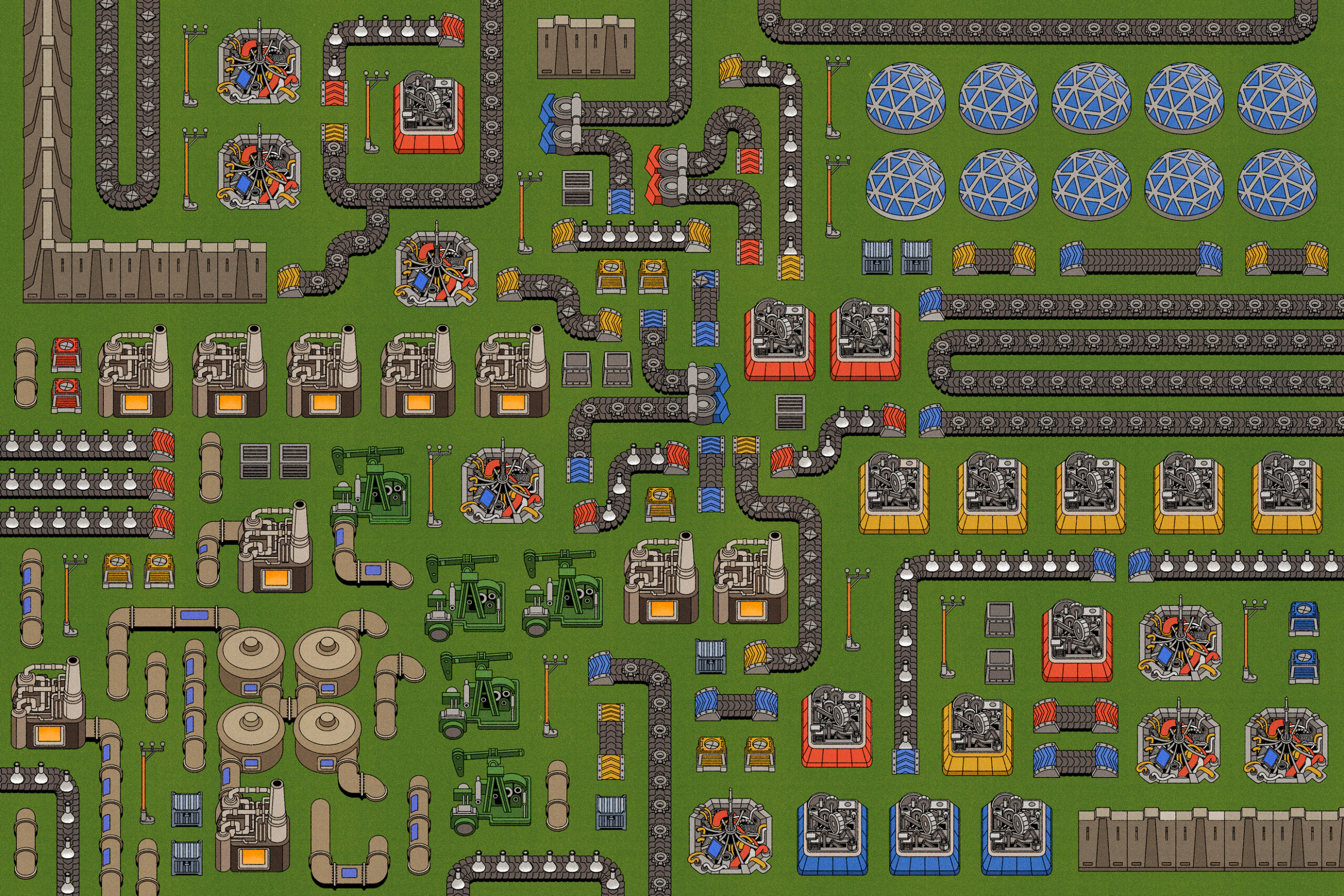History filler
you mean examples?!
I found it quite thoughtful and timely
Edit: This was supposed to be a reply but it seems awkwardly late to fix so I’m leaving it be.
All over the place, shallow, and full of “history filler”, with an ending of AI hype (investment bubble).
Building systems to purpose and expanding them rather than trying to untangle and rearrange existing complex systems. Felt very anarchist. Grabbed some of my favorite snippets.
The systems that enable modern life share a common origin. The water supply, the internet, the international supply chains bringing us cheap goods: each began life as a simple, working system. The first electric grid was no more than a handful of electric lamps hooked up to a water wheel in Godalming, England, in 1881. It then took successive decades of tinkering and iteration by thousands of very smart people to scale these systems to the advanced state we enjoy today. At no point did a single genius map out the final, finished product.
But this lineage of (mostly) working systems is easily forgotten. Instead, we prefer a more flattering story: that complex systems are deliberate creations, the product of careful analysis. And, relatedly, that by performing this analysis – now known as ‘systems thinking’ in the halls of government – we can bring unruly ones to heel. It is an optimistic perspective, casting us as the masters of our systems and our destiny.
The empirical record says otherwise, however. Our recent history is one of governments grappling with complex systems and coming off worse.
Meanwhile, our successes, when they do come, are invariably the result of starting small. As the systems we have built slip further beyond our collective control, it is these simple working systems that offer us the best path back.
Yeah it’s good. I’m wondering how it can apply to social systems and not just bureaucracy
Me too.
It suggests that reform existing structures is not worth it if it’s even possible, which we already know but it’s nice to see those theoretical back as well. It also suggests that we should start from the bottom up and make small systems that work, and make planetarily scalable the fact I doing so might actually be the most effective way is encouraging because it’s a lot easier to get started on
Agreed it’s validating that systems theory seems to back the idea that small purposeful steps are not only easier but more efficient overall vs reforming an existing complex system. If we keep in mind scalability and interoperability we can attack issues like water or food distribution one step at a time and expand and connect as the network grows. If someday that network starts to fail for whatever reason we do it again from the ground up.
It also suggests that systems have a finite life span and that we shouldn’t be afraid to chop them down and plant a new seed if they aren’t working because they’ve ingrown too many inefficiencies, compromise, bad old design or vestigial parts
Thanks for sharing!
Makes me think of local grids with solar and storage. Or the fediverse.
It fits the premise of Solarpunk as well: Just start and do things to make the world a little better.




